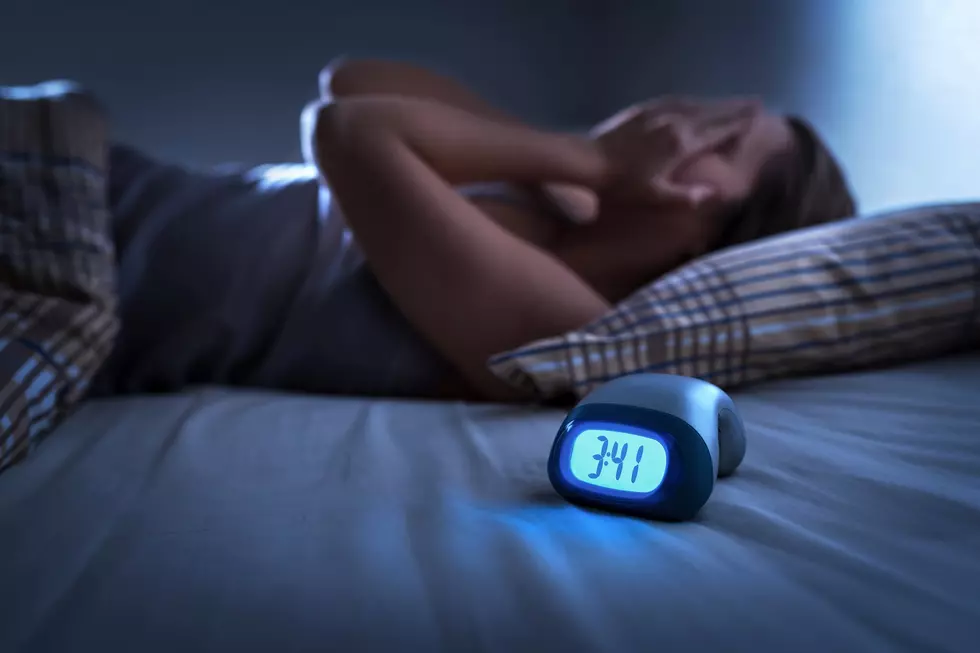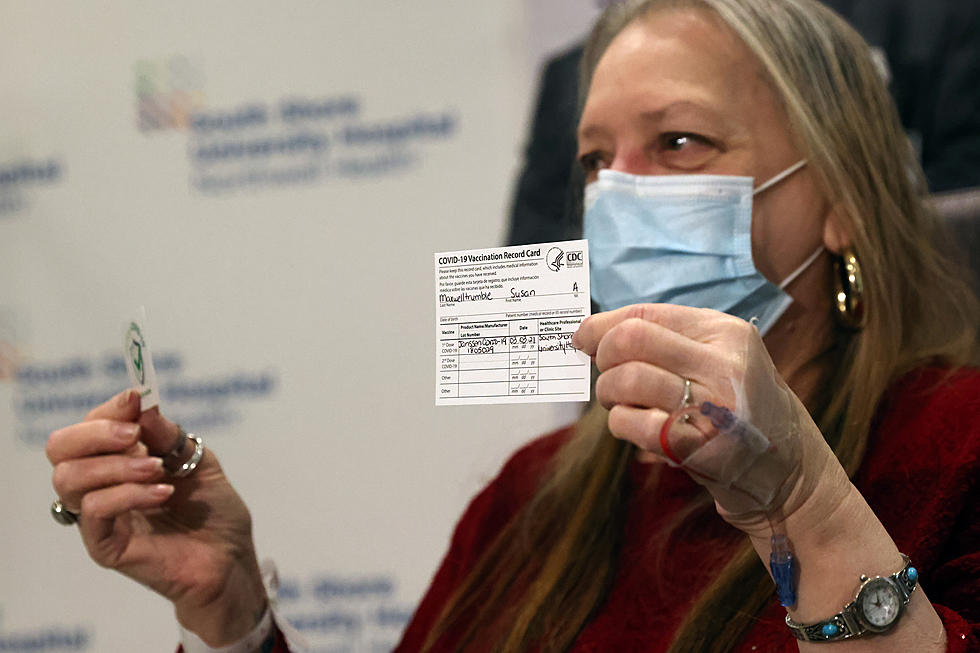
Have ‘coronasomnia’? Sleepless pandemic nights are worrisome
Having trouble sleeping these days? Thoughts of the pandemic, kids, virtual learning, work or lack thereof, money and even the COVID-19 vaccine have been keeping many up at night.
But sleep is vital for physical and mental health.
Jyoti Matta, medical director at The Center for Sleep Disorders at Jersey City Medical Center, said common sleep disorders often get lumped into two pools: Insomnia, where people can't fall asleep at night, and hypersomnia, where people are sleepy during the day.
Matta said she worries about hypersomnia the most because that can be a suggestion off an organic disorder such as sleep apnea, narcolepsy or patients who have mental illness and are on multiple medications.
Insomnia also needs to be addressed because there's anxiety and depression involved with that sleep disorder.
Matta said there's another term that's been coined, "coronasomnia" — the inability to fall asleep and stay asleep due to concerns surrounding the pandemic.
With coronasomnia, Matta said sleepless nights may be magnified. If it's truly an organic sleep disorder, snoring is a symptom. Also, fragmented sleep with wanting to get up a lot during the night is another symptom. Those frequent awakenings could be to use the bathroom at night, reflux keeping people up at night, tossing and turning, restless leg syndrome, sleep walking and sleep talking.
There are healthy habits people can follow to get to sleep and stay asleep at night. Matta said the most important thing to do is keep a normal, daily routine. What's happening now is that a lot of people are working at home. Many don't know how to maintain that balance between home life and work life. There's a tendency to work during down time, which would most likely not happen if people were working in the office.
Matta said when you wake up, get dressed. Have a work space separate from a living space in the home. Don't contaminate the two areas. Try to simulate a work day in the office as much as possible by taking normal breaks including lunch.
At bedtime, no bright lights, no TV, smart phones, computers, tablets or blue screens beforehand.
Another trick is to have a fixed bedtime and a fixed wake time. You should spend no more than seven to eight hours in bed.
Keep a routine exercise schedule. Try not to nap during the day as that can interfere with a nighttime sleep cycle.
Get some sunlight as soon as you wake up.
Mealtime should be the same time every evening if possible.
Matta said eat healthy, homecooked meals as opposed to take-out. Try not to eat late in the evening to prevent any acid reflux.
There should be no extra glasses of wine consumed and no extra caffeine intake at night.
If sleeplessness occurs for weeks or months and it's interfering with daily life, depression is setting in and there's weight gain, Matta said it's important to seek professional help.

More From Rock 104.1

![[POLL] Do NJ Residents Feel Safe Enough To Go On Vacation This Summer?](http://townsquare.media/site/396/files/2021/05/Family-On-Vacation-Hiking.jpg?w=980&q=75)








